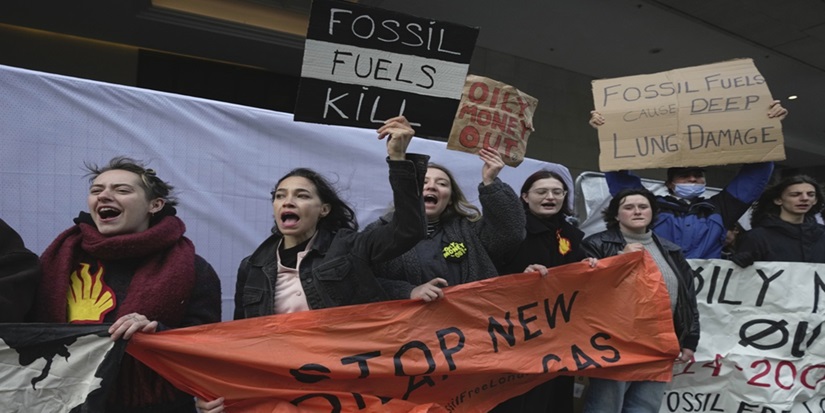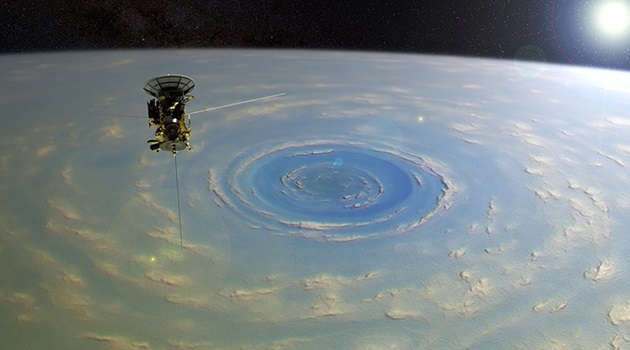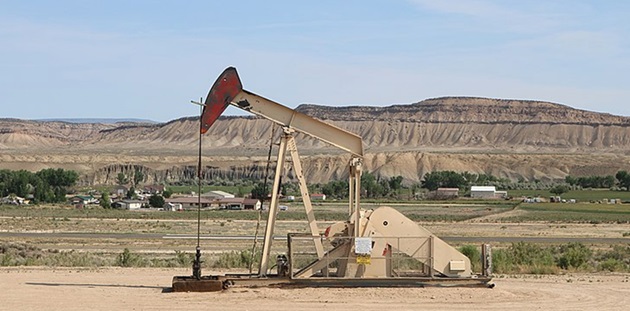
Evading the Problem
-
 Patrick Watson
Patrick Watson
- |
- January 16, 2024
- |
- Comments
Winter here in the northern hemisphere has a new stage now: the “polar vortex” season. We get these short bursts of super-low temperatures, often in places where such weather was previously rare. Now it’s happening every year or two.
This is a problem when a region’s infrastructure was designed for different conditions. Hence the great concern about the electrical grid’s reliability. Being without power in near-zero temperatures isn’t fun, as many of us in Texas learned back in 2021.

Source: Wikimedia Commons
The current vortex is having similar effects. In Washington state, a major natural gas pipeline stopped flowing on January 13th, just as the arctic air hit, threatening electricity generation for some six million people. Fortunately, it was repaired quickly.
Later that night, officials in Alberta, Canada, urgently asked residents to conserve electricity as the cold air drove power demand above capacity. That same storm is affecting most of North America and still ongoing as I write this. So, more problems may arise.
All this is what economists call “suboptimal.” Even if nothing breaks, the perception it might break causes people to spend time and money in unproductive ways. Here in Central Texas, people cleaned out grocery store shelves as the storm arrived. This distorts the whole food distribution system at significant cost.
An economy with reliable infrastructure is more productive because people can assume a basic level of stability. They know the roads will be passable, the heat will stay on, and the fire department will arrive quickly when needed. Weakening that confidence has a negative effect.
The grid fears—and sometimes actual failures—often relate to the renewable energy transition. People think it’s happening too fast, or too slow, or shouldn’t happen at all.
Like what you're reading?
Get this free newsletter in your inbox regularly on Tuesdays! Read our privacy policy here.
This isn’t a minor question. We are presently trying to decarbonize the global atmosphere by reconstructing large parts of the global economy.
If we’re working on a problem that doesn’t actually exist, then the energy transition is a big waste. Conversely, if the problem is real and we don’t respond sufficiently, the consequences could be even more severe.
People have a wide range of opinions on this. It would help if we could all at least agree on some basic facts. We don’t. Climate change debates are confirmation bias on steroids. People turn to “experts” whom they know will say what they want to hear.
But even if we can’t agree on the data, maybe we can agree the arguments should be logically coherent. Your conclusion, whatever it is, should flow from your premises.
Let’s consider some of the different camps.
- On one extreme are what I call the “climate change doomsayers.” They think our energy-hungry consumerist economy has done irreversible damage and Earth will, within a few decades, be unable to support a modern industrial civilization. Good luck, everybody.
- At the other extreme are “climate change deniers.” In their view, this is all a big ruckus about nothing. The climate has always been changing, carbon emissions have little or no effect, and there’s no reason not to use these wonderful fuels from the ground beneath us.
Those views may prove wrong, but they’re at least consistent.
Now consider another view, common among politicians as well as in the oil and gas industry. I call it “climate change evasion.”
As this group sees it, carbon emissions really are causing serious harm. They support having renewable energy sources like solar and wind. But they also say this should all be built alongside oil and gas, because there’s just no way we can ever do without fossil fuels.
That’s not entirely wrong. If you could somehow eliminate all carbon emissions today, the environmental benefits would pale compared to the global economic collapse that would certainly unfold. Renewable energy sources simply aren’t enough, at least not yet.

Source: Wikimedia Commons
But this common view is also really strange if you think about it. Climate change evaders ignore the obvious conclusions of their own premises. They’re saying:
- Fossil fuels are badly harming the climate.
- We can’t live without fossil fuels.
- Therefore… ???
Like what you're reading?
Get this free newsletter in your inbox regularly on Tuesdays! Read our privacy policy here.
If you believe we’re doing ourselves harm by relying on oil and gas, and you also insist we must keep relying on oil and gas, where does that lead?
Nowhere good. But they don’t say that part.
This might make sense if there’s some other, unspoken premise. For instance, maybe the evaders think new technologies will cleanse the atmosphere before the carbon does too much damage. Fair enough. I don’t think that’s it, though.
These climate change evaders are more like the politicians facing the debt crisis John Mauldin has been describing. They acknowledge the problem but won’t do anything to fix it. Easier to just kick the can down the road.
In John’s view (and I agree), the debt problem will keep getting worse until the politicians can’t ignore it any longer. Faced with crisis, they will do what is currently unthinkable.
The human capacity to procrastinate is almost unlimited. We recognize problems and hope they’ll somehow solve themselves, so we don’t have to.
Sometimes that strategy works. But usually not.
See you at the top,

Patrick Watson
@PatrickW
P.S. If you like my letters, you’ll love reading Over My Shoulder with serious economic analysis from my global network, at a surprisingly affordable price. Click here to learn more.

 Patrick Watson
Patrick Watson
